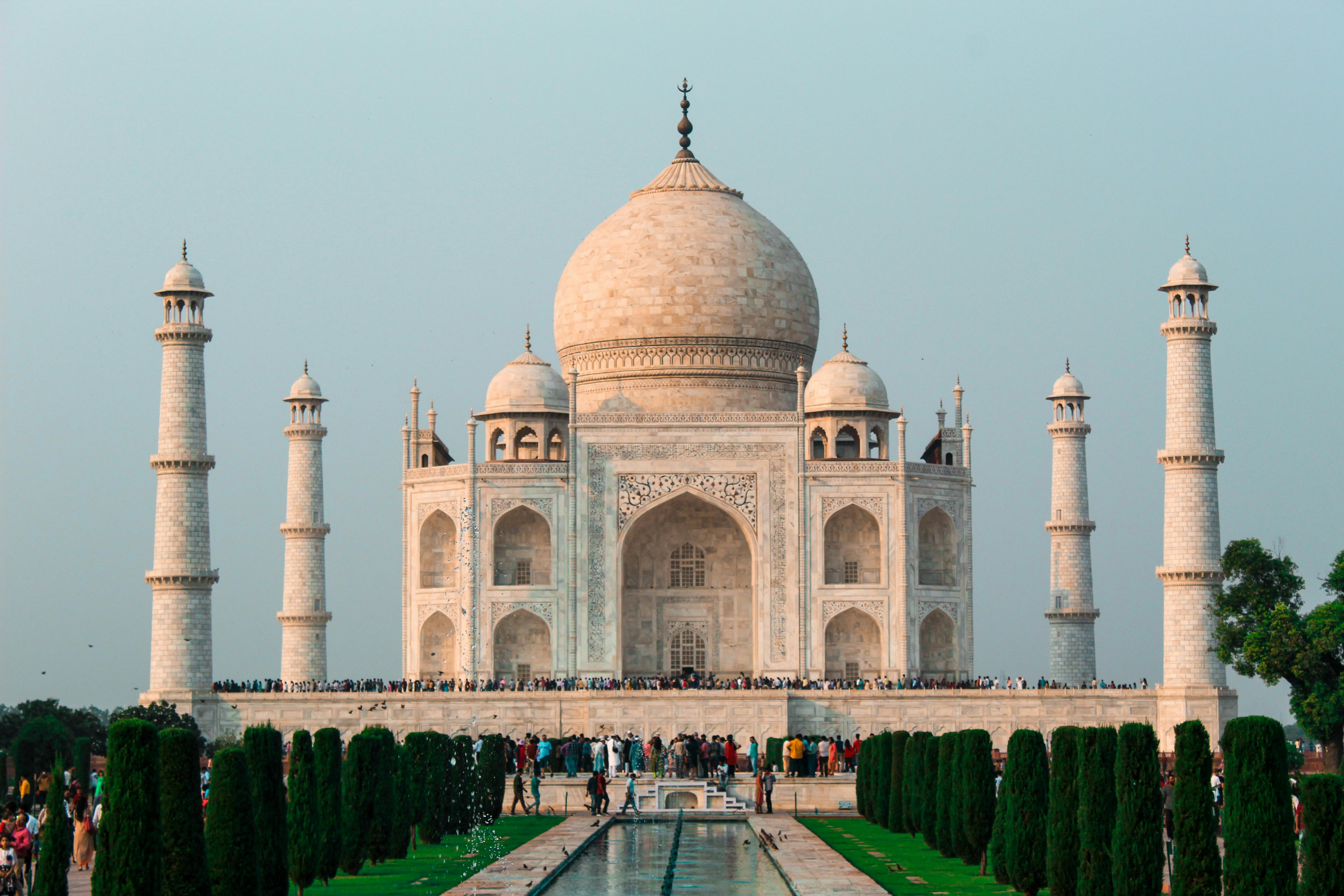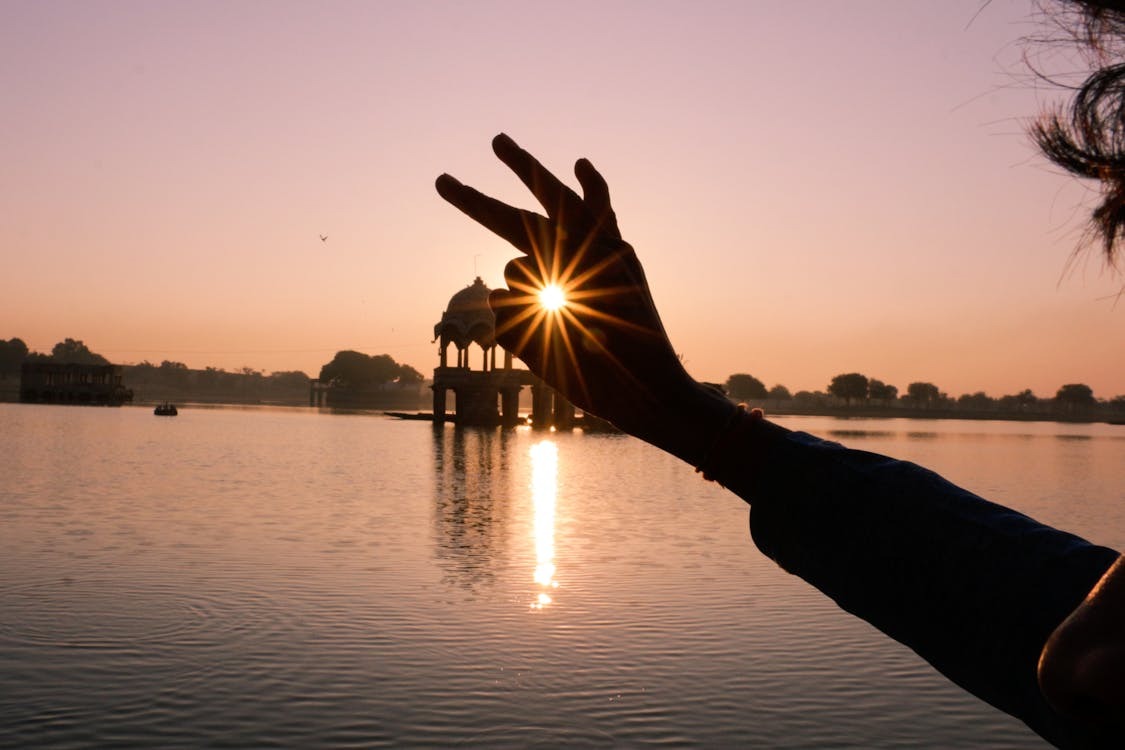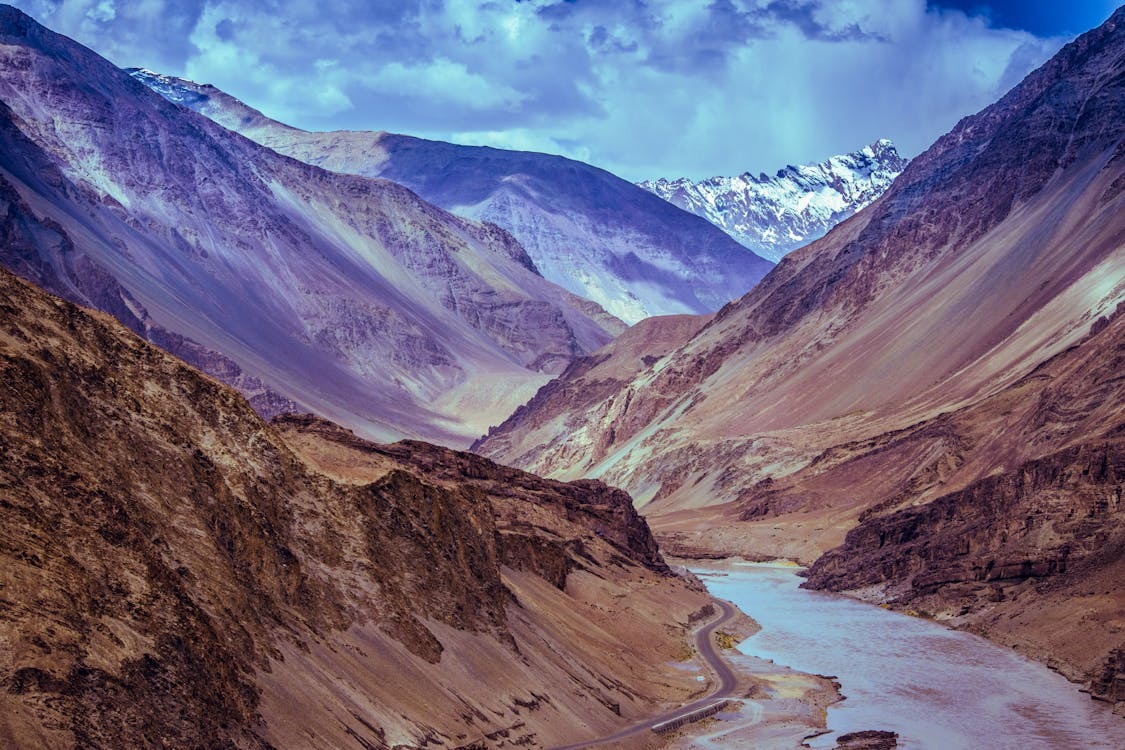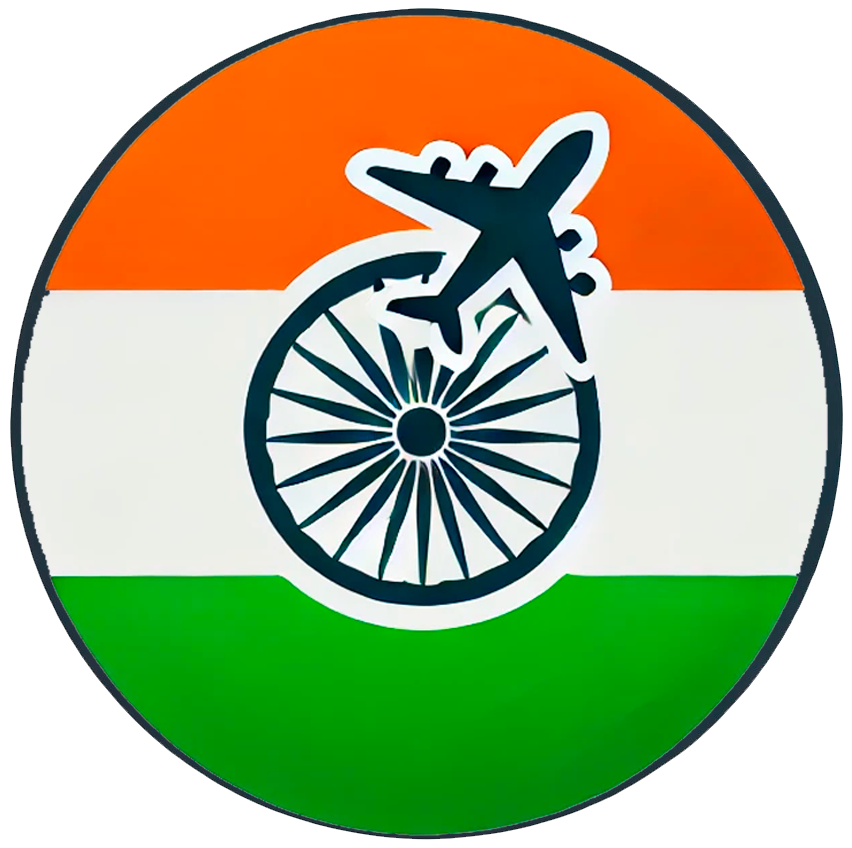
Requirements and Tips
Before travelling
India Travel requirements

If you're planning a trip to India, it’s important to familiarize yourself with the necessary travel requirements. This guide will help ensure a hassle-free journey:
COVID-19 Guidelines
Currently, travelers are not required to present a COVID-19 vaccination certificate or a negative test result upon entry to India. However, the Indian government may conduct health screenings at the airport, and local guidelines might differ depending on the region you're visiting. Stay updated on any changes before your departure.
By understanding these key travel requirements, you’ll be well-prepared to enjoy a comfortable and memorable journey to India.
Visa and Passport Requirements
- Passport Validity: Your passport must be valid for at least 6 months from your arrival date. This applies whether you are visiting or residing in India.
- Visas: Most foreign travelers will need a tourist or business visa to enter India. India offers an e-visa system, allowing visitors to apply online before their trip. Make sure to confirm with your travel provider that your passport and other documents meet their specific requirements.
More information on access requirements
By understanding these key aspects, you'll be well-prepared to enjoy a smooth and memorable trip to India.
India Travel Tips
Health Insurance
If you're planning a trip to India, it’s highly advisable to have comprehensive health insurance to cover any medical costs that might arise. While healthcare in India is generally affordable compared to many countries, the quality of care can vary greatly between urban and rural areas. Private hospitals in major cities often provide excellent care, but treatment can become costly for foreign visitors, especially for more serious medical issues.
Having a valid health insurance policy ensures that you can receive adequate care in the event of illness or injury. Travel insurance should cover emergency treatments, hospitalizations, and medical evacuations, particularly if you plan to visit remote areas where healthcare facilities may be limited. Without insurance, medical evacuation or significant treatment could lead to considerable financial hardship.
Traveling without insurance in India is a risk not worth taking. Comprehensive health coverage allows you to focus on enjoying your trip while staying protected against any unforeseen health issues.
Currency
India’s currency is the Indian Rupee (INR). You can easily exchange foreign currency at airports, banks, and exchange bureaus in major cities and tourist areas. ATMs are widely available across the country, although they may be harder to find in rural areas.
While credit cards are accepted in many high-end hotels, restaurants, and shops, cash remains the preferred mode of payment, especially in smaller towns and local markets. It’s advisable to carry a Visa or Mastercard, as they are the most widely accepted credit cards, but always have some cash on hand for smaller transactions.
When traveling in India, it’s also a good idea to notify your bank of your travel plans to avoid any interruptions in accessing funds or issues with blocked cards. Additionally, check for any foreign transaction fees that your card provider might apply.

Start Your Adventure Today!
Browse our collection of electronic travel guides and find the perfect guide for your next trip.
Shop